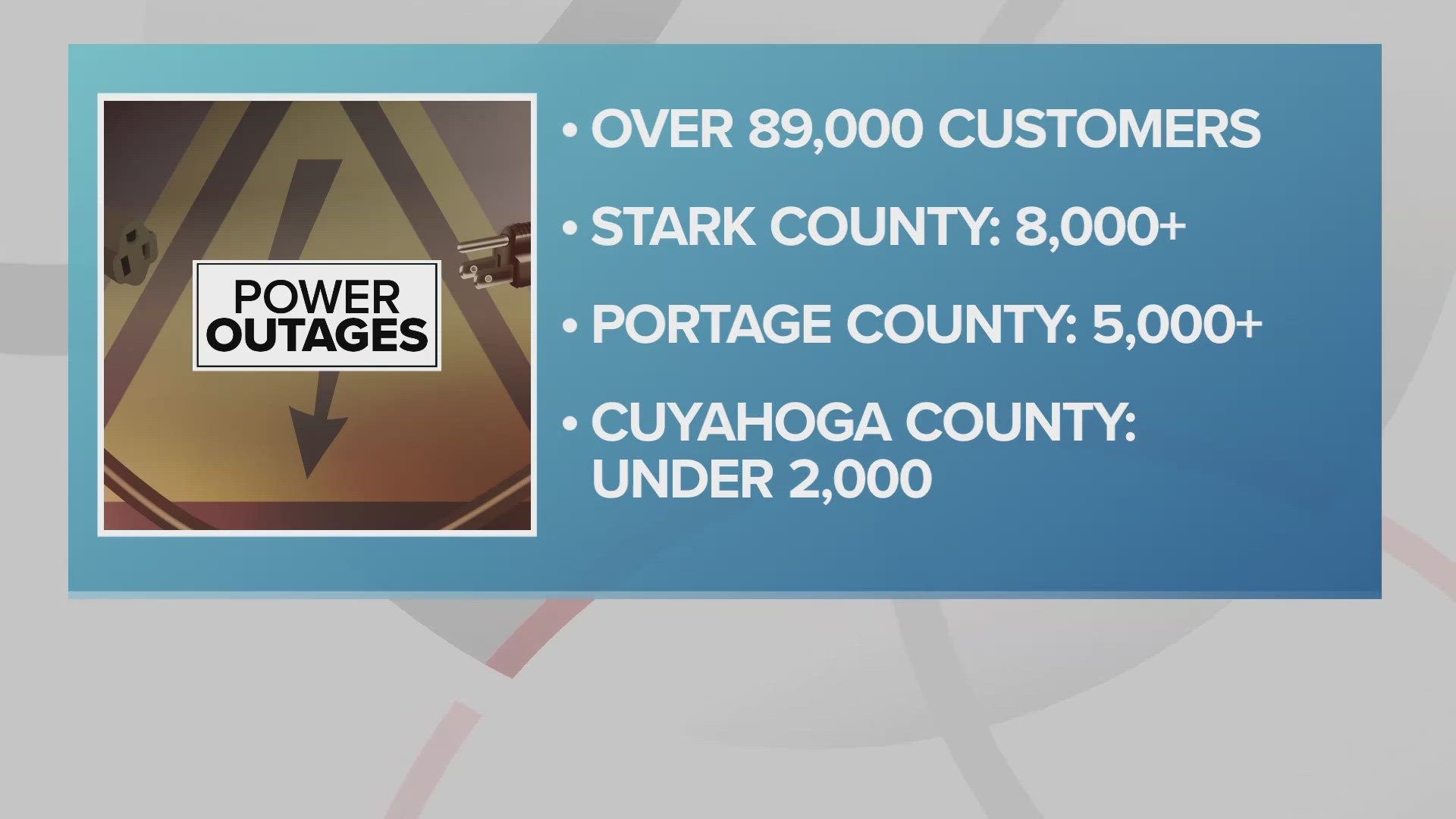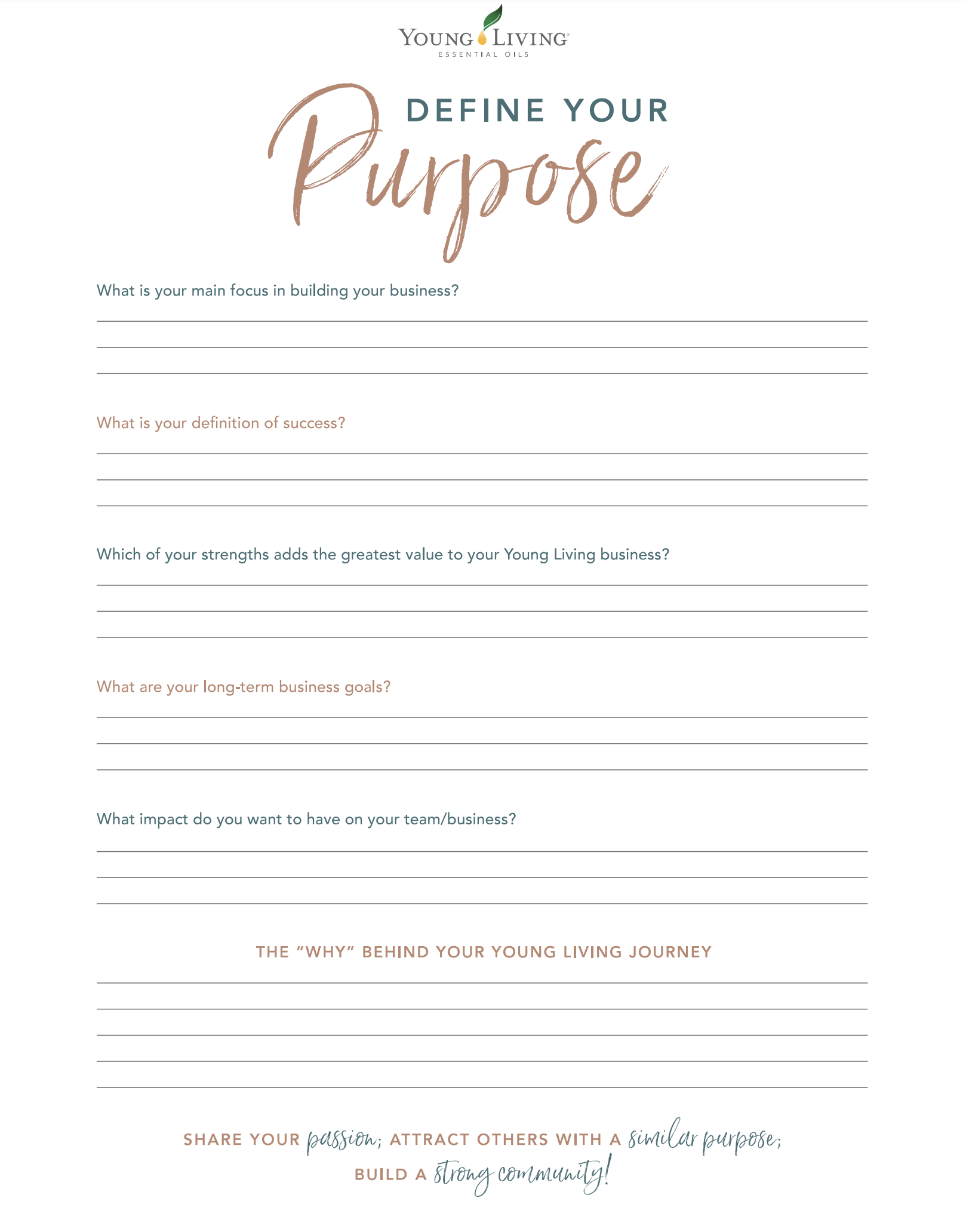"How To Lose Your Mother": A Time-Saving Review Of Molly Jong's Book

Table of Contents
A Hilarious and Heartbreaking Account of a Dysfunctional Family
Molly Jong-Fast's "How to Lose Your Mother" isn't your typical family memoir. It's a rollercoaster ride through a dysfunctional family, expertly weaving together humor and heartbreak in equal measure. The book explores the complexities of growing up as the daughter of the iconic journalist Erica Jong, examining the unique challenges and triumphs that arise from such a high-profile and often unconventional family dynamic.
- Exploring the complexities of fame's impact: Jong-Fast masterfully portrays how her mother's fame both shaped and shadowed her own life, creating a fascinating and relatable narrative for anyone who has felt overshadowed by a parent's success. The book doesn't shy away from the difficult realities of a famous parent, delving into the pressures and expectations that come with it.
- Humor as a coping mechanism: One of the most striking aspects of the book is Jong-Fast's use of humor as a coping mechanism to navigate difficult family dynamics. This lighthearted approach doesn’t diminish the seriousness of the issues; rather, it makes the narrative more accessible and relatable, inviting readers to laugh and cry alongside her.
- Universal mother-daughter struggles: While the family's high profile adds an extra layer of complexity, the core issues explored in "How to Lose Your Mother" – communication breakdowns, unresolved conflicts, and the lifelong impact of childhood experiences – are universal themes that resonate deeply with readers from all walks of life.
- Lasting impact of trauma and dysfunction: The book doesn't shy away from exploring the lasting impact of childhood trauma and family dysfunction. Jong-Fast’s honesty about these experiences provides a powerful testament to the resilience of the human spirit and the enduring power of family bonds, even amidst significant challenges.
Exploring Themes of Identity and Self-Discovery
Beyond the dysfunctional family dynamic, "How to Lose Your Mother" is a compelling journey of self-discovery. The book meticulously traces Jong-Fast’s struggle to forge her own identity separate from her mother's considerable fame and legacy. This is a coming-of-age story not just for the author, but for anyone grappling with the challenge of defining oneself within the context of a complex family.
- Establishing independence: Jong-Fast's journey of self-discovery is captivating. The memoir details the emotional toll of living in the shadow of a high-achieving parent and the arduous process of carving out a unique identity. This resonates deeply with readers who have experienced similar struggles.
- Healing from family issues: The book poignantly portrays the process of personal growth and healing that comes from confronting difficult family issues. It’s a testament to the power of self-reflection and the transformative potential of confronting difficult truths.
- Identity formation: Readers will find themselves deeply invested in Jong-Fast's journey. The book provides insightful reflections on identity formation, allowing readers to connect their own experiences to the author's story, fostering a sense of understanding and empathy.
- Relatable insights: "How to Lose Your Mother" offers a valuable resource for personal growth and understanding complex family dynamics. Its honest portrayal of the challenges and rewards of self-discovery makes it a relatable and insightful read for a broad audience.
A Powerful Exploration of Grief and Loss
The death of Jong-Fast's mother forms a significant turning point in the narrative, plunging the book into an honest and unflinching exploration of grief and loss. However, it's not a sentimental portrayal of mourning; rather, it's a raw, relatable depiction of the complex emotional landscape that follows the loss of a parent.
- Realistic portrayal of grief: The book offers a refreshing and realistic portrayal of the grieving process, avoiding clichés and sentimentalizing the experience. It acknowledges the messy, often contradictory emotions – anger, guilt, confusion, and eventual acceptance – that accompany the death of a loved one.
- Complexities of grief: Jong-Fast's honest narrative highlights the many facets of grief, illustrating how it's not a linear process but a journey with many ups and downs. This relatable approach provides comfort and validation for readers navigating their own grief journeys.
- Finding solace and support: The book implicitly emphasizes the importance of support systems during periods of grief. The narrative implicitly suggests that healing requires community and shared experiences.
- Moving on after loss: "How to Lose Your Mother" is ultimately a story about healing and moving forward. It’s a testament to the resilience of the human spirit and the possibility of finding peace after loss.
A Must-Read for Anyone Who Has Navigated a Difficult Mother-Daughter Relationship
"How to Lose Your Mother" is a relatable memoir with broad appeal. The book's universal themes, combined with Jong-Fast's empathetic storytelling, create a powerfully resonant reading experience for anyone who has navigated the complexities of a difficult mother-daughter relationship.
- Universality of the experience: While the book details a unique family story, its core themes – strained communication, unresolved conflict, and the struggle for individual identity – resonate deeply with a wide audience facing similar challenges within their own families.
- Emotional impact: The book's emotional honesty and relatable narrative create a profound sense of empathy among readers, fostering a feeling of shared experience and validating their own feelings.
- Therapeutic value: "How to Lose Your Mother" can act as a therapeutic tool, allowing readers to process their own complex family dynamics by witnessing the author's journey toward self-discovery and healing.
- Community and connection: The book encourages readers to share their experiences, fostering a sense of community among those grappling with similar difficulties and allowing them to find solace and support in shared stories.
Conclusion:
"How to Lose Your Mother" is more than just a memoir; it's a poignant and honest exploration of a complex mother-daughter relationship. Molly Jong-Fast’s masterful blend of humor and heartbreak makes this a powerful and relatable read for anyone who has grappled with a difficult family dynamic. While the book focuses on a specific experience, its themes of grief, identity, and self-discovery resonate universally. If you're searching for a compelling and emotionally resonant read that tackles difficult family relationships, then consider adding "How to Lose Your Mother" to your reading list. It's a must-read for understanding the intricacies of the mother-daughter bond and the challenging yet rewarding journey of self-discovery that follows. Discover the power of understanding difficult relationships with "How to Lose Your Mother."

Featured Posts
-
 Legal Battle Erupts Dragon Den Alum Claims Rival Stole Her Puppy Toilet Design
May 31, 2025
Legal Battle Erupts Dragon Den Alum Claims Rival Stole Her Puppy Toilet Design
May 31, 2025 -
 Severe Thunderstorms Bring Power Outages To Northeast Ohio Stay Safe And Informed
May 31, 2025
Severe Thunderstorms Bring Power Outages To Northeast Ohio Stay Safe And Informed
May 31, 2025 -
 The Good Life Finding Balance And Purpose
May 31, 2025
The Good Life Finding Balance And Purpose
May 31, 2025 -
 Giro D Italia In Diretta Risultati E Classifiche In Tempo Reale
May 31, 2025
Giro D Italia In Diretta Risultati E Classifiche In Tempo Reale
May 31, 2025 -
 Dragon Den Investors New Padel Court Venture At Chafford Hundred Health Club
May 31, 2025
Dragon Den Investors New Padel Court Venture At Chafford Hundred Health Club
May 31, 2025
